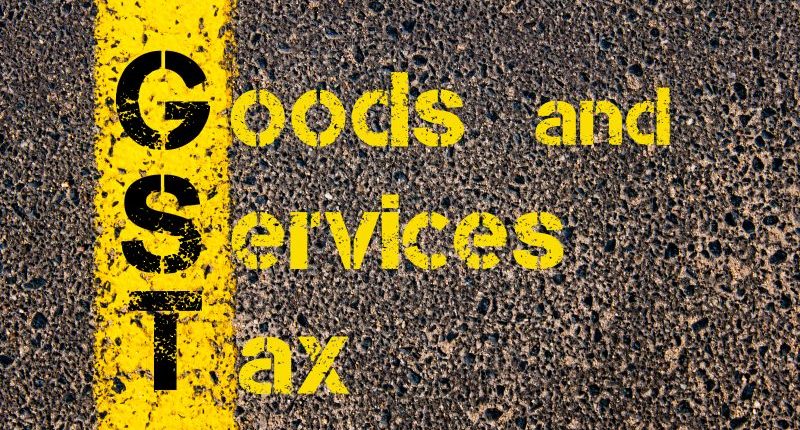The 43rd Goods and Services Tax (GST) Council has decided to amend the provision, which allows landowner promoters in Joint Development Agreement (JDA) to claim GST paid to developers as Input Tax credit (ITC) in an early manner. This decision resolves the landowner’s cash flow concerns, which could potentially lower home prices for buyers.
What is the Joint Development Agreement (JDA)?
In Joint Development Agreements (JDA), the landowner gives the development rights of his land to the developer to construct the project. In exchange, the landowner gets a certain number of flats in the project.
What does the existing GST provision say?
The existing provisions of the law say that the exchange transaction of flats from developer to owner attracts GST on the date of exchange itself. However, the developer should pay GST only after issuing the Completion Certificate (CC) or first occupation in the project, whichever is earlier.
Impact of the existing provision
The landowner promoter is free to sell his share of flats received in exchange for the land without waiting any further. However, he cannot take ITC to offset his tax payment from flats to homebuyers. If he wants to claim the GST paid by the developer as ITC, he has to wait until the developer pays GST to claim the same as ITC.
The existing provision resulted in tax blockages and working capital issues. It means that even if the developer had assigned flats to the landowner earlier, the landowner would have to wait for this payment to claim it as ITC.
Another issue is that, in the absence of ITC, the GST amount is included in the cost of homes. Ultimately it leads to an increase in the costs of projects by as much as 12%-18%.
What was the GST Council recommendation?
The council has decided to rectify this inconsistency and recommended allowing the developer to pay GST on the apartments sold to the landowner either before or during the issuance of the completion certificate. This recommendation will enable the landowner to take ITC when selling the flats to further buyers.
What is the impact of the recent amendment?
The Central Board of Indirect Taxes and Customs (CBIC) amendment notification no. 03/2021-Central Tax (Rate) will have positive implications for JDAs that have emerged as a preferred mode of construction, particularly in these pandemic times due to limited capital available.
Conclusion
This amendment is much needed to ensure that the homebuyers actually receive the benefit of ITC and that costs of housing projects are not increased for tax reasons.
However, we have to wait and see how the department practically enables and compels the developers to pay GST at an earlier stage so that landowners can use the ITC. The JDA parties could undergo commercial negotiations, and they might restructure their previously agreed-upon arrangements.
For any clarifications/feedback on the topic, please contact the writer at dvsr.anjaneyulu@cleartax.in
DVSR Anjaneyulu known as AJ, is a Chartered Accountant by profession. Loves to listening to music & spending time with family and friends.





